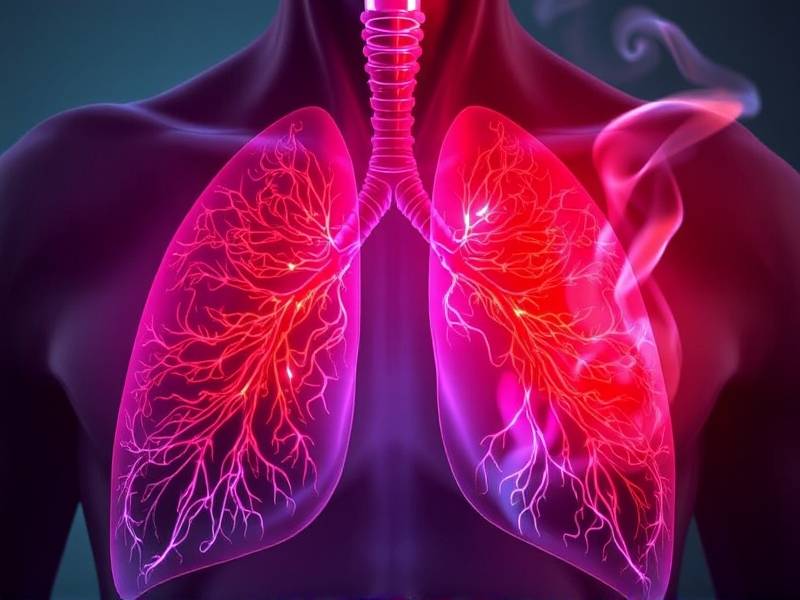Will I Still Get Lung Cancer If I Quit Smoking?
"Breaking the Stigma: Can I Avoid Lung Cancer by Quitting Smoking?"
Subheading 1: Understanding the Link Between Smoking and Lung Cancer
When it comes to smoking, one of the most feared consequences is lung cancer. The question that lingers in many smokers' minds is, "Will I still get lung cancer if I quit smoking?" This article aims to shed light on this concern and provide a clearer understanding of the relationship between smoking cessation and lung cancer risk.

Subheading 2: The Truth About Lung Cancer Risk and Smoking
It's no secret that smoking is a significant risk factor for lung cancer. According to the American Cancer Society, smoking causes about 85% of all lung cancer cases. However, it's important to note that quitting smoking can significantly reduce your risk of developing this deadly disease.
Subheading 3: The Immediate Benefits of Quitting Smoking
One of the first things you should know is that quitting smoking can have immediate benefits. Within just 20 minutes of your last cigarette, your heart rate and blood pressure drop, and carbon monoxide levels in your blood begin to decrease. Within a few weeks, your circulation improves, and your lungs start to clear out mucus and debris.
Subheading 4: Long-Term Benefits of Quitting Smoking
The benefits of quitting smoking are even more pronounced in the long term. According to the Centers for Disease Control and Prevention (CDC), within five years after quitting, your risk of stroke drops by nearly half. After ten years without smoking, your lung cancer risk is about half that of someone who still smokes.
Subheading 5: The Role of Genetic Factors in Lung Cancer Risk
While quitting smoking can significantly reduce your risk of developing lung cancer, it's important to remember that genetics also play a role. Some individuals may have a genetic predisposition to lung cancer that makes them more susceptible even if they don't smoke.
Subheading 6: Encouraging Smokers to Take Action

For those who are still on the fence about quitting smoking, it's crucial to understand that every year you smoke increases your risk of developing lung cancer. While there's no guarantee that quitting will completely eliminate this risk, it's undoubtedly the best course of action for protecting your health.
Conclusion:
In conclusion, while there is no absolute guarantee that quitting smoking will prevent you from developing lung cancer if you have a genetic predisposition or have smoked for many years, it remains the most effective way to reduce your risk. The immediate and long-term benefits of quitting are undeniable, making it an essential step towards a healthier life. If you're ready to take control of your health and break free from the chains of tobacco addiction, consider seeking support from friends, family, or professional resources like counseling or support groups. Remember, every day without a cigarette brings you one step closer to reducing your risk and improving your overall well-being.
